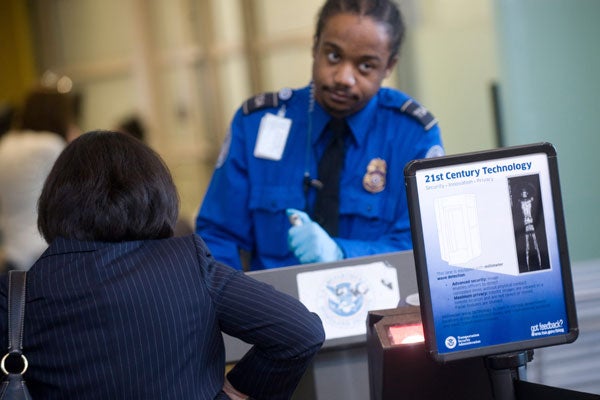Washington Shouldn’t React to White House Fence Jumper By Making Government Buildings Less Accessible
William Gribbin /
Since this article was originally published, it has been reported that the fence jumper, Omar Gonzalez, got further inside the White House than was known. Courtesy of Mashable, here’s an image showing how far Gonzalez got.

Image: Mashable Composite, WhiteHouse.gov
Last Friday, a troubled Army veteran jumped the White House fence and dashed across the lawn of the executive mansion, making it as far as the front door before being tackled by Secret Service agents.
In the wake of this embarrassing breach, the Secret Service has proposed unprecedented security measures, including bag checks at security checkpoints in public areas around 1600 Pennsylvania Ave. It is unclear how such checks would have helped apprehend the fence jumper, who had only a small pocketknife on his person and was eager to warn President Obama that the “atmosphere is collapsing.”
More importantly, additional checkpoints in public spaces constitute yet another disturbing encroachment upon our free society. It smacks of the “don’t just stand there, do something!” attitude which has resulted in the TSA groping grandmothers and local police departments being equipped as if they’re about to retake Mosul from ISIS.
This proposal follows a string of dismal initiatives over the last two decades which have served to put the American people at arm’s length from their own cherished institutions.
Pennsylvania Avenue in front of the White House has been closed, as has the main entrance of the Supreme Court. There is a constant mania to force tourists through visitor centers instead of the front door, whether at the Capitol Building, where that is already the norm, or the Washington Monument, which has been threatened.
Last June, Terry Gainer, former sergeant at arms of the Senate and, before that, chief of the Capitol Police, suggested expanding the Capitol security area to include a large swath of the Capitol Hill neighborhood, bulldozing private land and forbidding vehicular traffic.
The idea might be a non-starter for now, but there are a disturbing amount of decision-makers in Washington who think keeping Americans away from their public buildings is good for the country.
The security of our elected officials and all those who come to visit the nation’s capital is vital, but this consideration does not override the importance of open and accessible public buildings to an open government.
Congress would be perfectly safe in perpetuity if it convened in the bunker under The Greenbrier in West Virginia, but that would be antagonistic to a government of, for and by the people.
Now it’s the government acting like the sky is falling. Once we start viewing our fellow citizens as 319 million potential terrorists, we have lost the country we were trying to protect in the first place.

